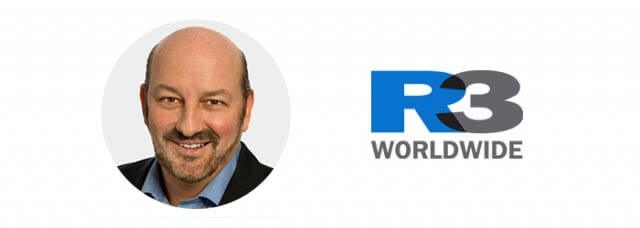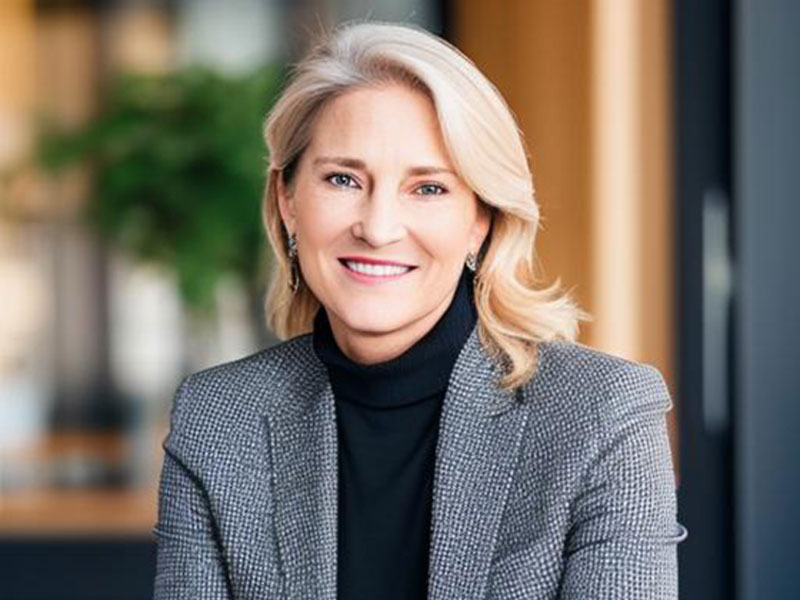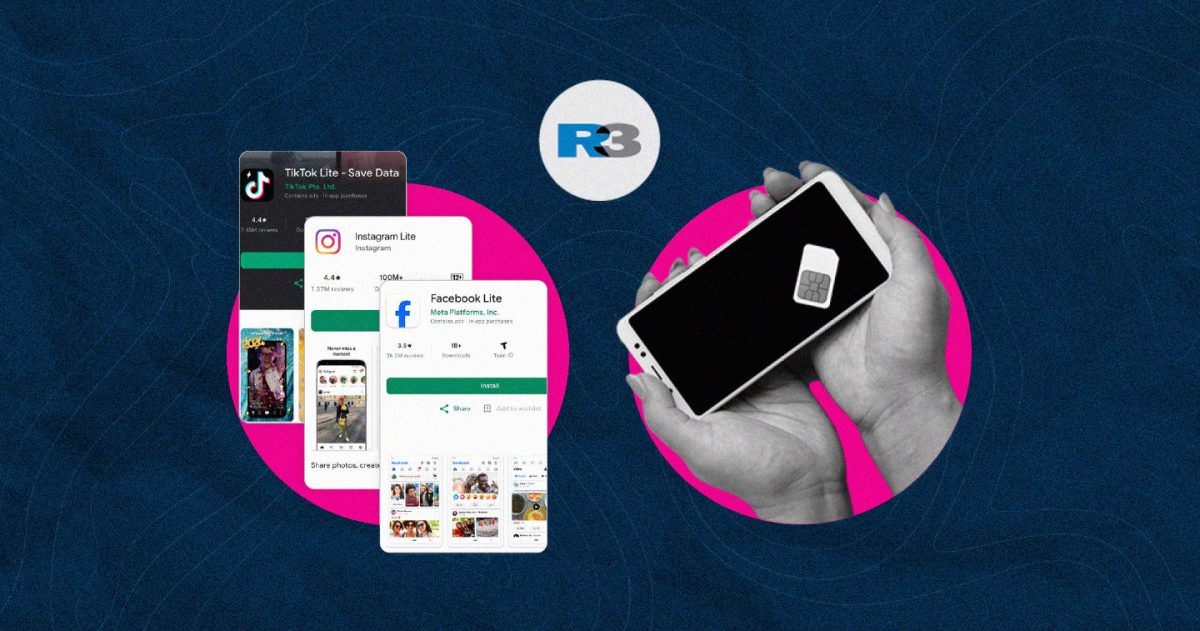The past year was a tough one for agency holding companies.
WPP, Omnicom, Publicis Groupe, IPG, Dentsu Aegis Network and Havas posted little to no growth in 2017.

The agency business has been in flux for years, but 2017 offered the “perfect storm” of challenges that caused growth to stutter, said Greg Paull, principal analyst at R3. Clients made changes to their agency relationships that cut into margins, like adopting zero-based budgeting, scrutinizing contracts and shifting away from agency-of-record relationships to take more work in-house.
“Looking for ways to squeeze budgets more generally is the bigger theme,” said Pivotal research analyst Brian Wieser.
Cost-Cutting Clients
CPG and other struggling sectors adopted zero-based budgeting in 2017, a model where clients plan their annual budget from zero rather than adding incrementally to the previous year’s budget. The process usually cuts into marketing budgets, which company procurement departments view as a cost center rather than a revenue driver.
WPP CEO Martin Sorrell has noted how these programs affected his company in 2017, pointing to zero-based budgeting as the reason WPP cut its growth outlook by two percentage points in in Q2.
“[Activist investors] are making acquisitions with a significant focus on cost,” he said on the company’s Q2 earnings call. “When they take 1% positions in their target companies, the reflex action is to cut spending. We are seeing significant impacts on packaged goods companies in result of their activities.”
IPG, Publicis and Omnicom echoed Sorrell’s concern about cost-cutting programs. Havas saw organic growth in the UK drop 7.1% in Q2 when CPG giant Unilever cut back on ad spend.
But zero-based budgeting is cyclical, Wieser said, and holding companies are betting that struggling brands will reinvest in marketing to drive growth.
“Amongst marketers, I’ve always thought zero-based budgeting was faddish,” Wieser said. “It’s healthy to go through once, but it’s less likely that you’ll get the best services [from agencies].”
Still, agencies shouldn’t look for a complete respite from zero-based budgeting in 2018, as some clients will likely still do it.
“I don’t think we’re through the cycle,” Wieser said. “2018 will still be another weak year.”
Enhanced Contract Scrutiny
A year and a half after the Association of National Advertisers released a report detailing nontransparency at programmatic trading desks, marketers have started to tighten the screws on their agency contracts. That enhanced scrutiny has cut into revenues from creative production and data fees, putting pressure on holding company margins.
“It’s not a coincidence that rapid deceleration started immediately after the K2 report came out,” Wieser said. “There are a lot of ways in which agencies are generating revenues that clients don’t understand. Clients weren’t probing before, but when they do, they find, ‘Wait a second, I signed off on that?’”
Contract scrutiny also hit programmatic.
While most holding companies don’t break out programmatic revenues, Omnicom’s trading desk, Accuen, offers a case study into declining programmatic margins. After growing incrementally by $33 million in the fourth quarter of 2016, Accuen came in flat during Q1 2017, and remained there throughout the year.
Havas CEO Yannick Bolloré also cited contract renegotiations as a reason for negative organic growth in Q2.
And Omnicom CEO John Wren noted during a Q3 earnings call that while his company hasn’t lost clients, it’s had to change the way it does business with them “to a fully disclosed method.”
Paull says contract scrutiny will persist in 2018.
One way holding companies have responded to the shift in client programmatic buying preferences is by decentralizing programmatic at their operating agencies and offering disclosed models to stop clients from moving programmatic spend elsewhere.
“Agencies are going to have to be more flexible and creative in the way that they serve up programmatic partnerships with clients,” he said.
In-Housing And Death Of The AOR
Because agencies are finding contract provisions they weren’t aware of, they’re starting to bring some agency work back in-house.
According to a study released by the ANA in December, 35% of marketers reduced the amount of work they outsource to agencies as a result of bringing programmatic in-house. On the creative side, marketers like Unilever and Pepsi launched in-house content studios. IPG CEO Michael Roth traced soft growth in Q3 to the trend of clients moving away from agency-of-record relationships in favor of project-based work.
“The agency-of-record relationship is becoming less common,” Paull said. “Marketers are setting up their own agencies, content studios and creative hubs, eroding revenue that would otherwise go to a holding company.”
But in-housing isn’t all doom and gloom for holding companies, especially on the media side. Agencies have an opportunity to help clients set up in-house trading desks and build creative that’s relevant and appropriate, Wieser said.
What About The Consultancies?
While consulting firms like Accenture and Deloitte made many creative acquisitions in recent years, their growth in the marketing sector likely didn’t have any material effect on the holding companies this year, Paull said.
“There’s a feeling that consultants are eating Madison Avenue’s lunch,” he said. “My feeling is they’re eating at a different restaurant with a different menu.”
Until consulting firms make a bigger creative acquisition (IPG’s Roth has hinted that his company could be a takeover target), their impact on the holding company sector will likely to remain incremental, Wieser said.
Still, holding companies are building consulting and business transformation practices to retain digital work. Publicis has the most at stake with IT consulting firm Sapient, which it wrote down by half of its $3 billion valuation in February and is still struggling to explain to clients.
Source: adexchanger





